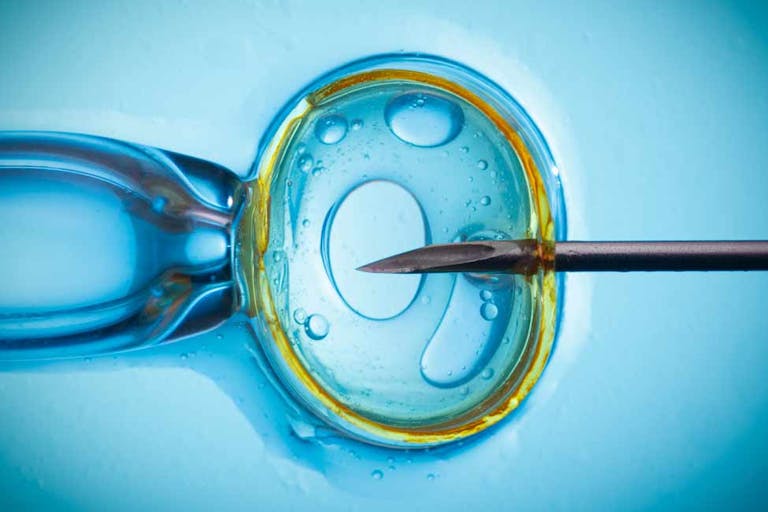
Abu Dhabi expands fertility industry to become 'IVF capital of the world'
Angeline Tan
·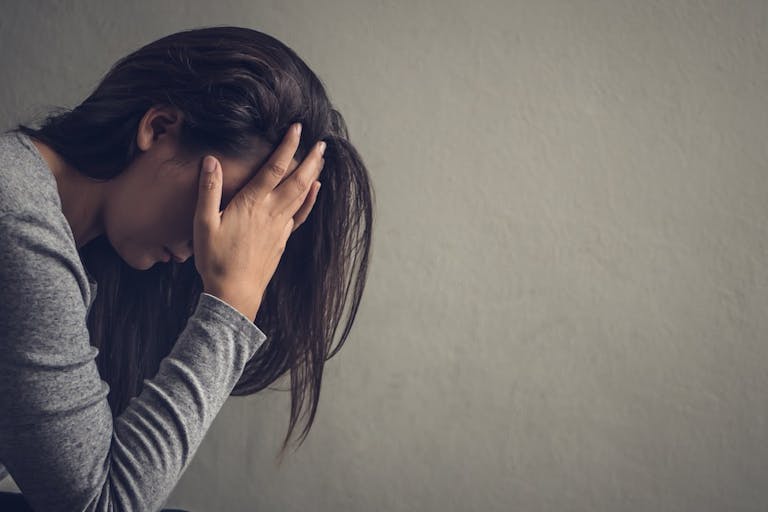
Abortion caused Carolyn extreme sadness and shame: ‘I felt some days I was going mad’
In her 2022 memoir, British author Carolyn Parker, who became pregnant in the late 1970s, tells her abortion story.
Parker became pregnant during a time when there was much stigma against unmarried mothers. Her high school’s policy discriminated against pregnant and parenting students, and teens who became pregnant were expelled. If they came in for exams, they were led to a private room and then escorted off campus as soon as they were finished. They weren’t allowed to interact with any other students.
With this level of prejudice and punishment, many teens chose abortion — the only way of escaping such treatment.
Parker was pregnant at 19. The doctor who discovered her pregnancy discouraged her from marrying her boyfriend and arranged an appointment for her with an abortion facility.
Granted an Abortion Despite the Law
According to British law, abortion is legal only if:
… two registered medical practitioners are of the opinion, formed in good faith…
(a) that… the continuance of the pregnancy would involve risk, greater than if the pregnancy were terminated, of injury to the physical or mental health of the pregnant woman or any existing children of her family; or
(b) that the termination is necessary to prevent grave permanent injury to the physical or mental health of the pregnant woman.
Ground (c) is a threat to the woman’s life, and ground (d) is a disabled baby.
In reality, the law is interpreted so loosely that virtually every woman who wants an abortion is granted one.
Parker explained, “It was agreed that I met the criteria; how, I don’t know! It looked as if there was a loophole somewhere that allowed them to sign my unborn child’s death warrant.”
On an Abortion “Conveyor Belt”
Before her abortion, Parker recalls sitting with her boyfriend “J” filled with a “sense of pride and excitement” about her baby. But abortion was the only solution offered to her. She said:
I was on the teenage unexpected pregnancy conveyor belt chugging through the system as if I was a piece of meat that needed trimming, just a number, an unfortunate occurrence that needed to be swept under the carpet and forgotten about.
The doctor even told Parker’s principal that she was being treated for stomach problems, and instructed Parker to stick to the story. The doctor made all the arrangements and told Parker what to do. Parker explained, “[I]t was all going so fast with no time to reflect. Everyone was pushing me along as if on a plank in the pirate tales of my childhood, pushing me closer to the end of the board to the point of no return, regardless of my thoughts, my feelings, my faith and the fact that I felt this was against everything I believed was ethical and right.”
A Traumatic Abortion
Article continues below
Dear Reader,
In 2026, Live Action is heading straight where the battle is fiercest: college campuses.
We have a bold initiative to establish 100 Live Action campus chapters within the next year, and your partnership will make it a success!
Your support today will help train and equip young leaders, bring Live Action’s educational content into academic environments, host on-campus events and debates, and empower students to challenge the pro-abortion status quo with truth and compassion.
Invest in pro-life grassroots outreach and cultural formation with your DOUBLED year-end gift!
Parker herself was adopted, and she was haunted by the thought that her birth mother could’ve aborted her. She recalled the “cold, harsh atmosphere” of the abortion facility. “I wanted to change my mind many times that day, to speak up for my unborn child, but I was too scared to rock the boat,” she said. “At no point had anyone suggested keeping the baby was an option to be seriously considered, quite the opposite.”
When she woke up from the anesthesia after her abortion, she learned she had screamed throughout the procedure despite the anesthesia. Abortion workers had to hold her down on the table as she struggled.
Abortion’s Aftermath
Parker returned to college after the abortion and tried to resume her life, but she struggled with emotional trauma. She began having outbursts of anger at J, sometimes throwing things. She said, “College became less enjoyable, and I began to struggle with the work. I didn’t fit in somehow, I felt like an outcast from the girls I was sharing a flat with and I thought they disliked me.”
Looking back, Parker believes she was suffering from undiagnosed post-traumatic stress disorder. She describes bursting into tears for no apparent reason and finding her life at college “unbearable.”
For Parker, “Everything looked bleak.” Her school assignments suddenly seemed much harder, and she floundered academically.
At one point, she ran away. J convinced her to return to school, and she met with the principal but didn’t tell her the reason for her emotional struggles. The principal convinced her to finish school, and she did, but she continued to struggle.
“I still had flashbacks of that day I gave up on my unborn child, with pangs of guilt, sadness and shame,” she said. “I still found these were triggered by soap opera storylines, seeing new mums in the park at weekends, special days like Mother’s Day and Father’s Day and walking into church, which brought my guilt quickly to the surface.”
Postpartum Depression
After graduation, she and J got engaged. “I thought the dark days immediately after the termination were behind me,” she said, “but I was to realise several years later on that they hadn’t been completely buried.”
The trauma resurfaced for Parker when she gave birth to her daughter. She explained that she suffered severe postpartum depression:
I remember bawling my eyes out most of the day. I didn’t want to hold my baby, feed her, bath her [sic] or change her, I just wanted to go to bed and hope it was all a dream. I wanted to give her back…
I felt some days I was going mad. I could only hear crying in my head, and I couldn’t stop it… I sank deep into a pit of despair.
Doctors prescribed antidepressants and a Christian counselor helped her come to terms with her abortion and other traumatic experiences in her life. Thankfully, Parker was able to recover from her depression.
Parker’s story shows that abortion can have a negative impact on a woman’s life and illustrates how young women are pressured into abortions. Studies show that 64% of post-abortive women felt pressured to abort. At the same time, 67% received no counseling before undergoing the abortion and 79% received no information about available alternatives.
Live Action News is pro-life news and commentary from a pro-life perspective.
Contact editor@liveaction.org for questions, corrections, or if you are seeking permission to reprint any Live Action News content.
Guest Articles: To submit a guest article to Live Action News, email editor@liveaction.org with an attached Word document of 800-1000 words. Please also attach any photos relevant to your submission if applicable. If your submission is accepted for publication, you will be notified within three weeks. Guest articles are not compensated (see our Open License Agreement). Thank you for your interest in Live Action News!

Angeline Tan
·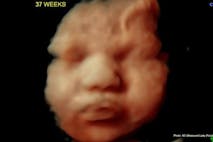
Politics
Nancy Flanders
·
Human Interest
Angeline Tan
·
Human Interest
Bridget Sielicki
·
Human Interest
Nancy Flanders
·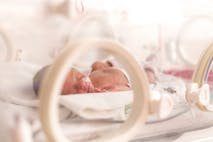
Human Interest
Nancy Flanders
·
Guest Column
Sarah Terzo
·
Abortion Pill
Sarah Terzo
·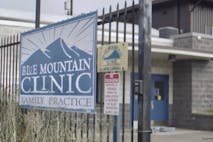
Guest Column
Sarah Terzo
·
Guest Column
Sarah Terzo
·
Guest Column
Sarah Terzo
·